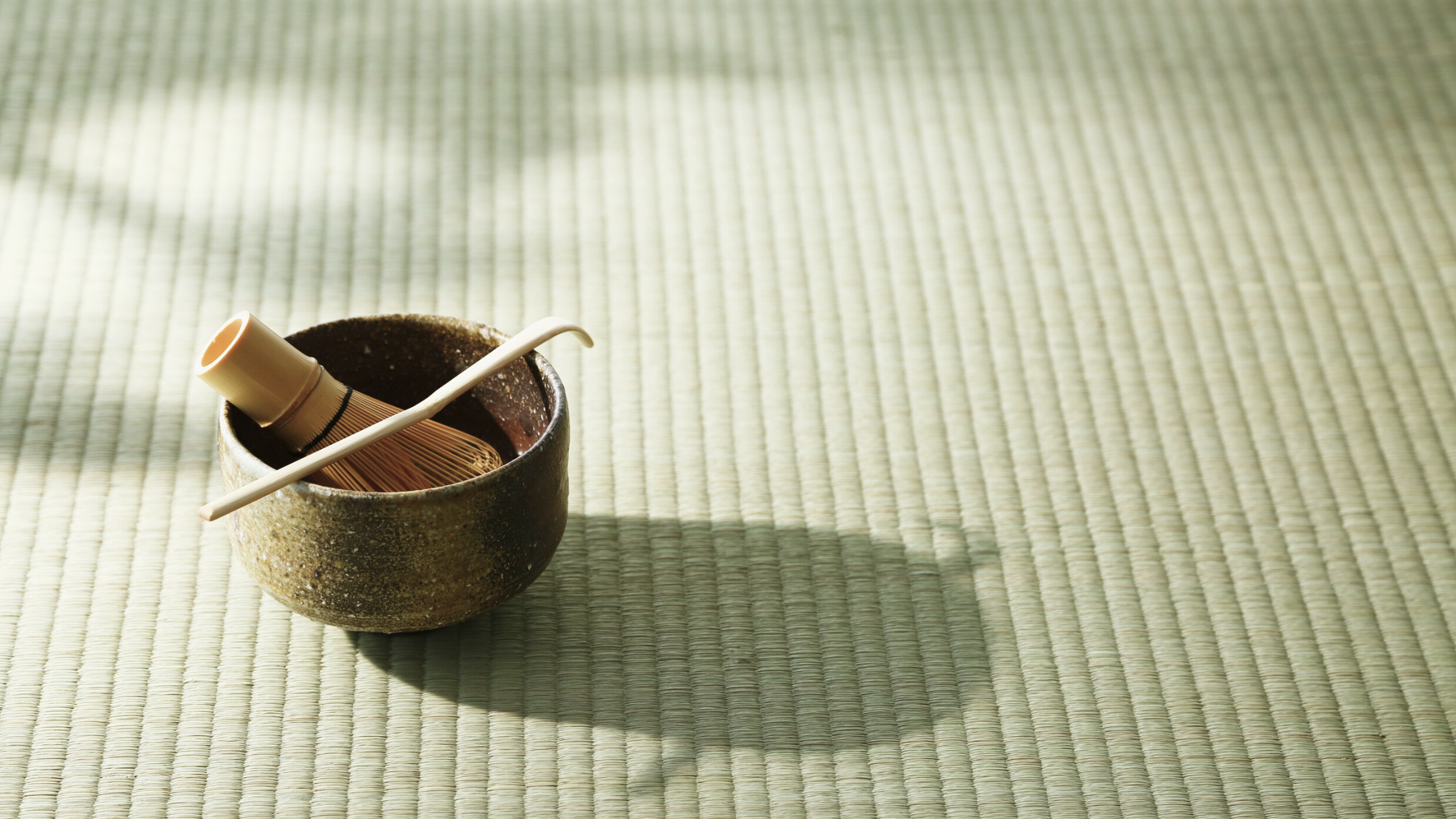The Japanese Tea Ceremony: More Than Just Drinking Tea
In Japan, Chanoyu (the Way of Tea) is not only a form of hospitality,
but also a spiritual and lifestyle practice.
Through every motion in serving tea, people experience the passage of time, the clarity of the mind,
and a sense of respect for both nature and others.
What may seem like a simple way of drinking tea,
has carried with it philosophy, aesthetics, and life wisdom for centuries.
The essence of the tea ceremony is distilled into four characters: harmony, respect, purity, and tranquility.
Yet these are only the core principles—the practice extends to deeper values such as "ichigo ichie," "wabi-sabi," and "the spirit of craftsmanship."
Wa, Kei, Sei, Jaku: The Four Principles of the Way of Tea
Wa (Harmony): Harmony. The Way of Tea emphasizes harmony among people and also values coexistence with nature. The tea room does not need to be luxurious, but it must allow people to feel a sense of harmony.
Kei (Respect): Respect. Both host and guests show respect for each other; even the tea utensils and vessels are to be treated with respect. Every tea bowl carries the dedication of the artisans who made it.
Sei (Purity): Purity. Cleanliness of the utensils goes beyond surface tidiness and symbolizes clarity of mind. The Way of Tea reminds us that a clean environment can bring about a pure state of mind.
Jaku (Tranquility): Tranquility. The ultimate state is “Jaku”—to experience serenity in tranquility. This is not loneliness, but a sense of ease: accepting impermanence and realizing inner peace.
These four characters are not an abstruse theory, but rather principles for living.
They remind us that harmony, respect, purity, and tranquility
can all be experienced in a single bowl of tea.
Ichigo Ichie: Cherishing Each Unique Encounter
Japanese tea ceremony also embraces a renowned spirit: Ichigo Ichie.
Literally, it means "a once-in-a-lifetime meeting."
Every tea gathering is unique and can never be repeated.
Even if the same tea leaves, tea room, and guests come together again,
it is impossible to perfectly recreate the same moment.
Therefore, tea practitioners approach each gathering with utmost sincerity,
regarding every cup of tea as a once-in-a-lifetime encounter.
This attitude of "cherishing the present moment"
has become one of the most representative views of time in Japanese culture.
The Beauty of Wabi-Sabi: Finding Peace in Imperfection
The aesthetics of the tea ceremony are inseparable from Wabi-Sabi.
The beauty of Wabi-Sabi lies in embracing imperfection and appreciating flaws.
A tea bowl may not be perfectly smooth,
but the cracks of time or the rough texture actually highlight its rustic and genuine character.
The tea room does not seek luxury, but values simplicity and restraint.
This sense of beauty born from imperfection
makes it easier to find comfort and tranquility in simplicity.
Craftsmanship Spirit: Focusing on Every Detail
The tea ceremony is also an embodiment of the Shokunin Spirit.
From selecting tea utensils to the gestures of preparing tea, from the hanging scroll and flower arrangement to the layout of the tea setting,
every movement emphasizes concentration and precision.
The tea practitioner does not seek a flashy result, but cherishes the process itself.
This attitude of “being fully present in the moment”
transforms the tea gathering into a complete art performance.
The Way of Tea: Cultivating the Heart Through Tea
The Japanese tea ceremony is called the “Way of Tea,” and is one of the “Ways.”
On this path, tea is not merely a beverage, but a medium for self-cultivation.
Through a single cup of tea, one can learn humility, focus, tranquility, and appreciation of the present moment.
What tea ceremony values is not elaborate rituals,
but rather transforming the simplest moment in daily life—
offering a cup of tea—into a practice for calming the mind.
Conclusion
The Japanese tea ceremony still moves people today because of the philosophy it carries,
which transcends time and place.
Harmony, Respect, Purity, Tranquility reminds us to maintain harmony, respect, and serenity;
Ichigo Ichie teaches us to cherish the present moment;
Wabi-sabi helps us appreciate imperfection;
Craftsman Spirit guides us to focus on the details and the present.
One cup of tea contains a whole world.
And the way of tea is the door that leads us to inner peace.


Leave a comment
This site is protected by hCaptcha and the hCaptcha Privacy Policy and Terms of Service apply.